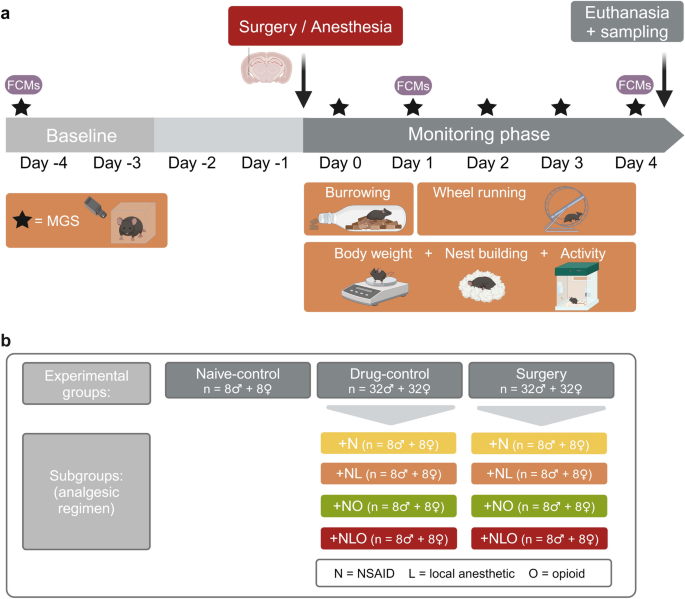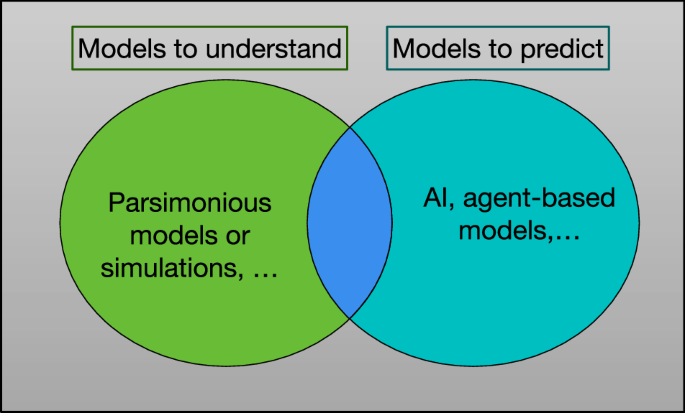
- Select a language for the TTS:
- UK English Female
- UK English Male
- US English Female
- US English Male
- Australian Female
- Australian Male
- Language selected: (auto detect) - EN
Play all audios:
If there’s evidence of impairment, a neurologist will perform additional tests to figure out if the cause is reversible. “First, you have to rule out all of the reversible possibilities,”
Gefen says. “The doctor will take a blood test, get a urine sample, measure blood pressure — all the vitals — and hopefully find a reversible cause. If everything is clean, we start to
consider irreversible causes, say, a neurodegenerative disorder” such as Alzheimer’s or Parkinson’s disease. Part of the workup might be getting a brain MRI to detect vascular changes,
which may eventually progress to Alzheimer’s disease. EAT HEALTHY, STAY CONNECTED If testing determines that a treatable medical condition underlies MCI, the patient can be treated for that
condition. “There is robust evidence that there are things one can do to prevent — and actually improve — MCI,” Hashmi says. For example, a CPAP machine can ease sleep apnea. Depression can
be treated with medication, therapy or a combination of both. Dietary changes, supplements or injections can reverse a vitamin B12 deficiency. Since MCI is more likely to progress to
dementia if you have hypertension, high cholesterol or diabetes, managing these conditions with appropriate medication is crucial. Then there are commonsense measures, such as maintaining a
healthy weight, not smoking and avoiding excessive drinking. The FINGER study, an ongoing randomized controlled trial initiated in Finland in 2009 and since expanded worldwide, has
demonstrated that it is possible to prevent cognitive decline with lifestyle interventions. One component is following the Mediterranean diet, which includes lots of plant-based foods
(vegetables, fruits, whole grains, legumes and nuts) and seafood, particularly fatty fish such as salmon. Another is exercise — “not the intensity of it, but the regularity,” Hashmi says.
For example, walk, swim or run two to five times a week. Try activities that engage the mind, like learning a new language or skill, or playing mentally challenging games such as chess or
sudoku. “That plus staying busy and active with things that you love and enjoy that are your passions, especially volunteering your time,” Hashmi recommends. “Research shows that when you
volunteer your time, your memory stays sharp. The Japanese have a word for it: _ikigai_. A reason for being.” Social interaction, both in person or connecting with friends and relatives via
video platforms like Zoom, may also be helpful in maintaining cognition later in life. “One of our theories is that the brain loves new things,” Cullum says. “If you’re doing the same thing
— say, watching _Perry Mason_ reruns — day and night and never leave your house, you’re at greater risk for more significant and more rapid mental decline than someone who is getting out
and socializing. Social interactions are a form of mental stimulation.” ‘THE KEY WORD IS CHANGE’ How can older adults and caregivers tell when MCI is progressing into dementia? It’s a
matter of degrees, Cullum says. “Some people’s ability to perform their daily tasks tends to start slipping,” he says. “If Grandma was an awesome cook and suddenly she’s messing up recipes
— in isolation those things may be meaningless. But when you start seeing these events occurring with greater frequency, they can be warning signs.” “The key word is change. Does it
represent a change from the person’s typical baseline functioning?” Gefen says. “For example, I get lost everywhere. That’s who I am — I’m not good at navigating. When I’m 85 and still have
trouble with navigating, it’s not going to alarm me. But if suddenly I forget to speak and can’t comprehend things properly or I’m not writing as well, that’s a change for me. That’s
concerning.”







